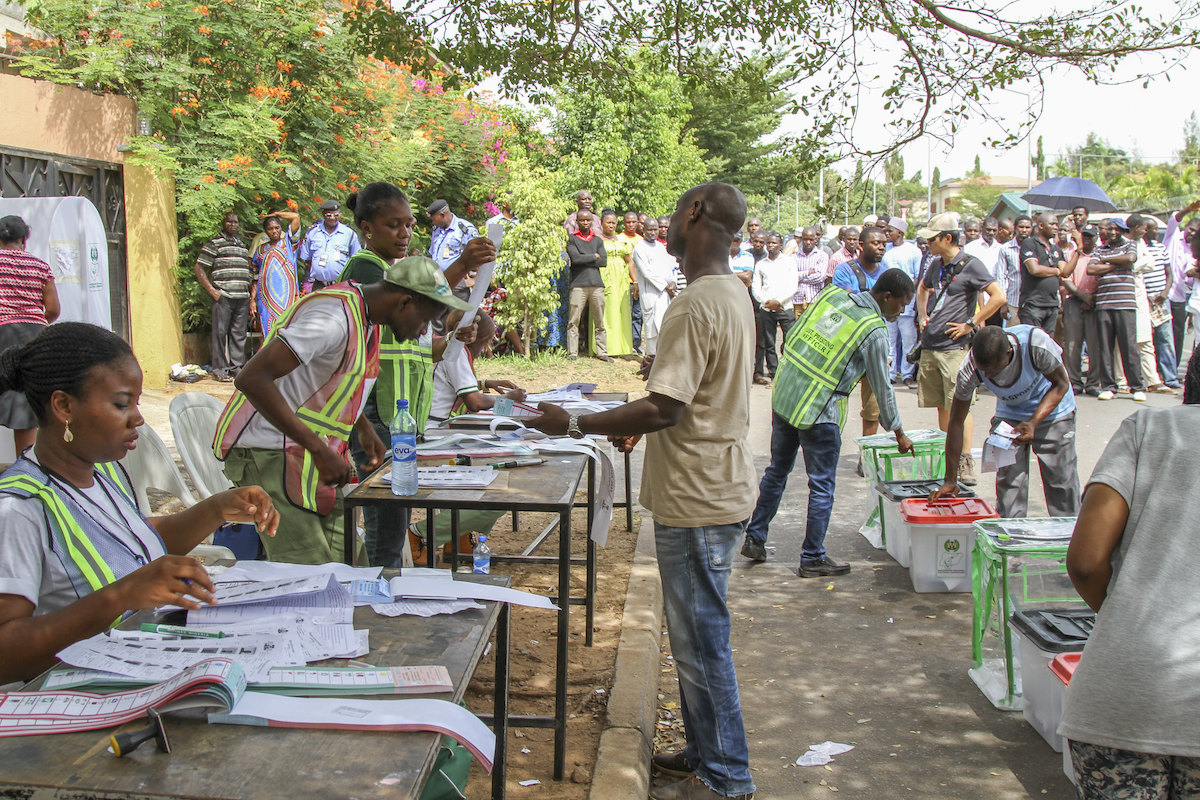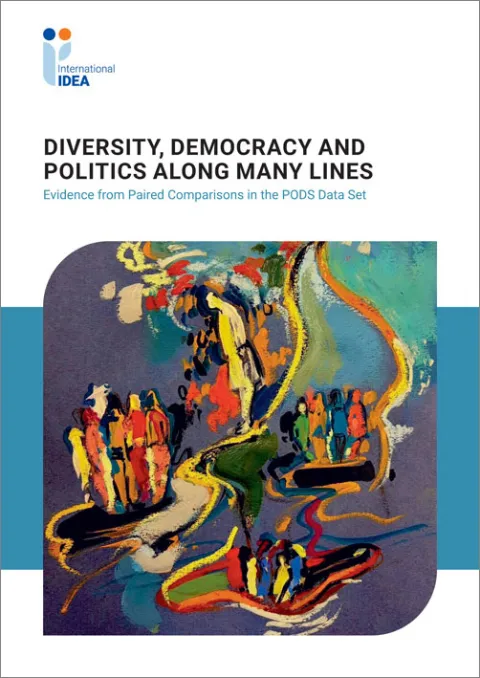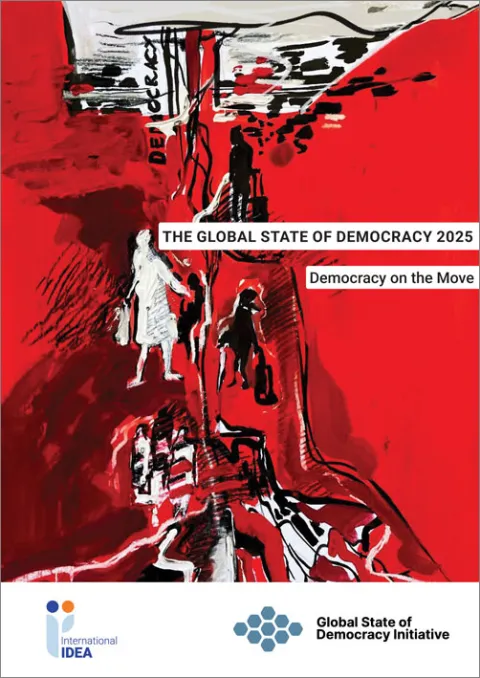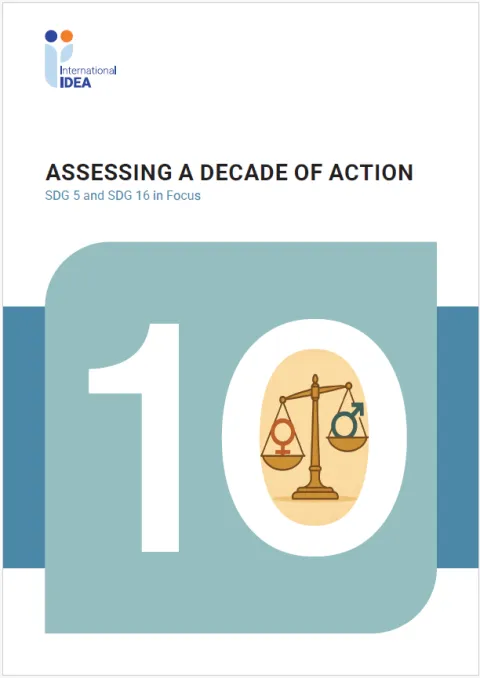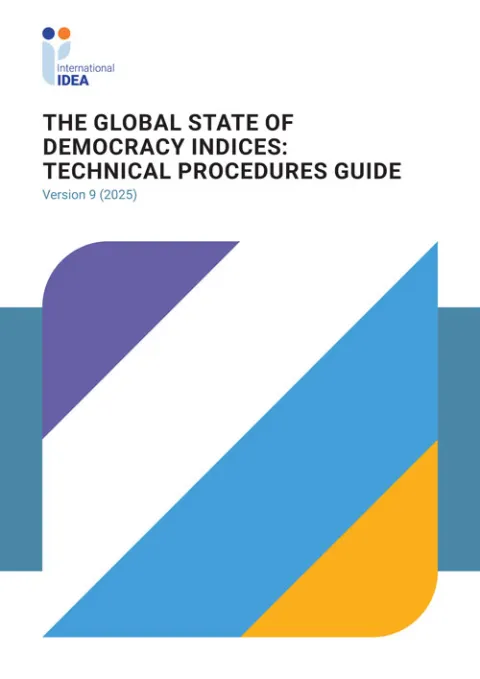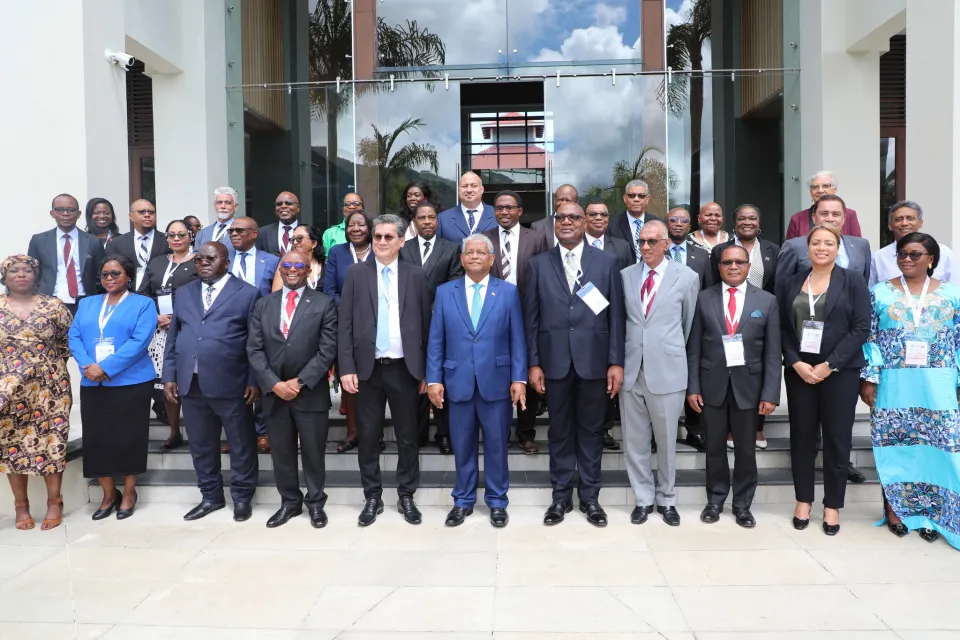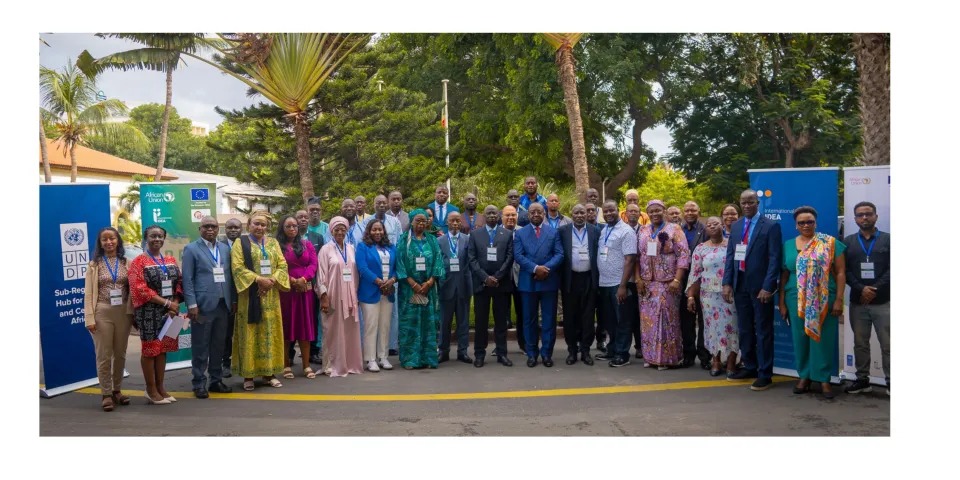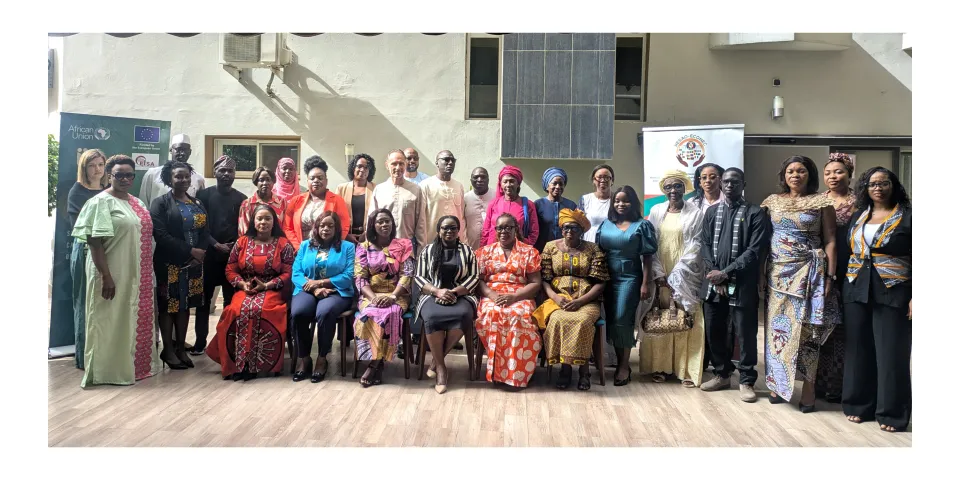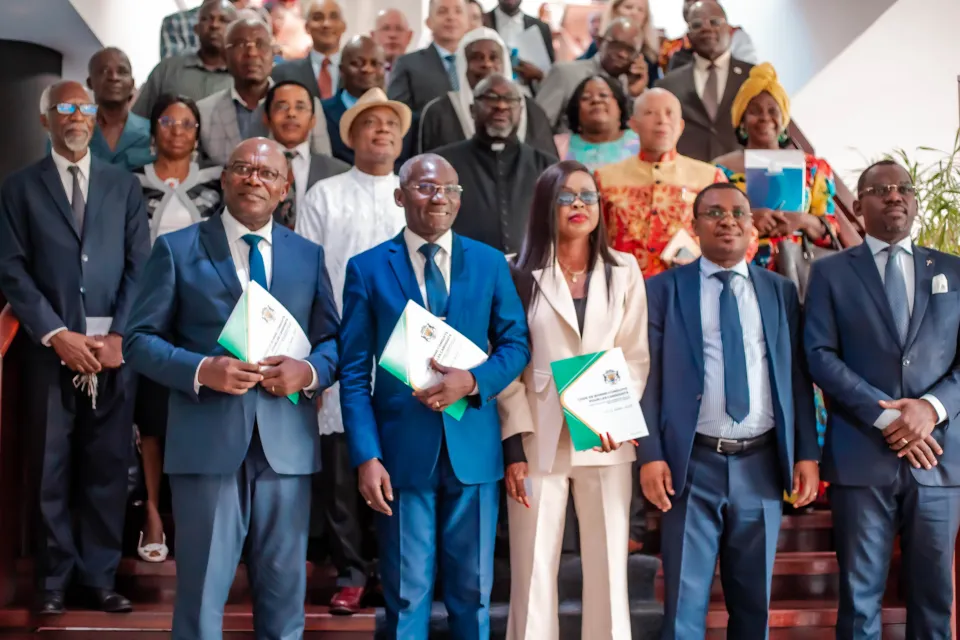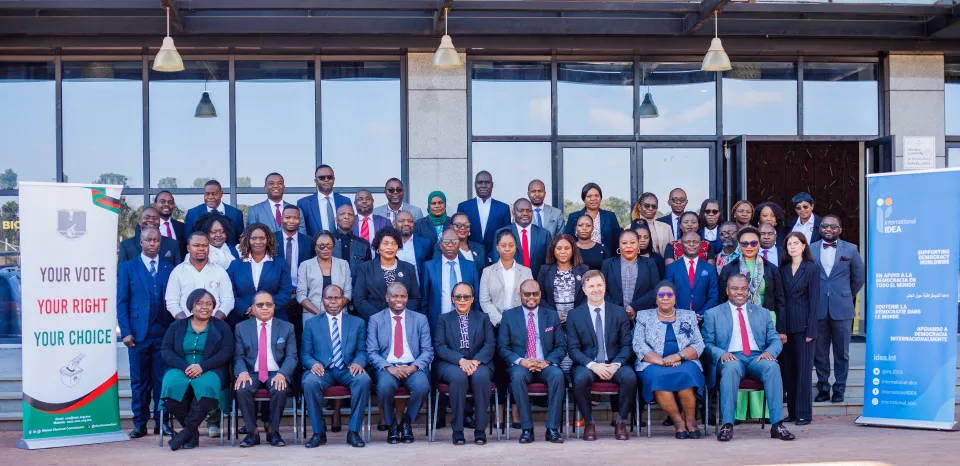The Global State of Democracy 2024: Strengthening the Legitimacy of Elections in a Time of Radical Uncertainty
Access and download the Report here: The Global State of Democracy 2024
The 2024 elections super-cycle year falls fittingly into an era of radical uncertainty, with candidates and political parties using potentially transformational policy agendas to court nearly 3 billion voters. In most cases, the inherent (and healthy) uncertainty of elections sparks the kind of debate that drives democracy forward. In other contexts, however, it can motivate more hostile disputes and unrest. Democracy continued its recent decline in 2023, with notable challenges emerging with regard to Representation and Rights. Assessing each country’s various areas of improvement and deterioration, we find that, on balance, four in nine countries were worse off in 2023 than they had been in 2018, while only one in four had improved, continuing a negative trend that developed roughly a decade ago. Challenges to democracy are found in every part of the world and at every level of democratic performance.
In this report, we take a close look at elections, and we find that the credibility of elections around the world was worse in more than one fifth of the countries we cover (39 of 173) in 2023 (the most recent year for which we have complete data) than it had been five years before, in 2018. The way that people engage with electoral processes has also been changing over the past several decades: turnout has been going down while the incidence of protests and riots has been going up. Between mid-2020 and mid-2024, one in five elections was challenged in at least one legal proceeding, with voting and vote counting emerging as the most-litigated aspects of the electoral process. During the same period, in one in five elections a losing presidential candidate or losing party in parliamentary elections publicly rejected the outcome of the election, and opposition parties boycotted one in ten elections. These factors combine to challenge public confidence in political processes. The Global State of Democracy 2024 provides an overview of global trends related to democracy and human rights, along with an in-depth analysis of the drivers of public perceptions of electoral integrity. It includes a set of policy recommendations to address the issues that contribute to public mistrust in electoral integrity around the world.
Details
Related databases & tools
Contents
Preface
Executive summary
Key findings
Global trends methodology and data sources
Part 1. Global trends
1. Introduction
2. Global trends
2.1. Global patterns
2.2. Representation
2.3. Rights
2.4. Rule of Law
2.5. Participation
3. Conclusion, Part 1
Part 2. Strengthening perceptions of electoral integrity in a time of radical uncertainty
4. The state of elections in 2024
5. What we know about disputed elections
6. Disputed elections methodology
7. Data and findings
8. Policy recommendations
9. Conclusion, Part 2
References
Annex A. Rankings
Annex B. Disputed elections
Give us feedback
Do you have a question or feedback about this publication? Leave us your feedback, and we’ll get back to you
Send feedbackThe Global State of Democracy 2024: Strengthening the Legitimacy of Elections in a Time of Radical Uncertainty
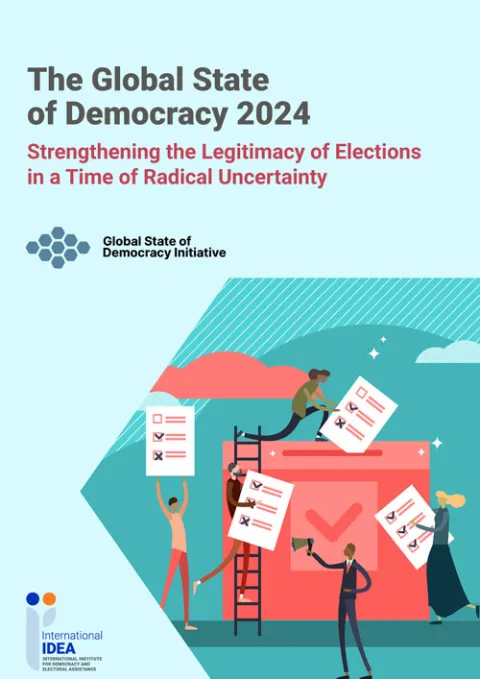
| Total views | 28065 |
|---|---|
| Downloads | 63 |
| Rating |
Related databases & tools
Give us feedback
Do you have a question or feedback about this publication? Leave us your feedback, and we’ll get back to you
Send feedback